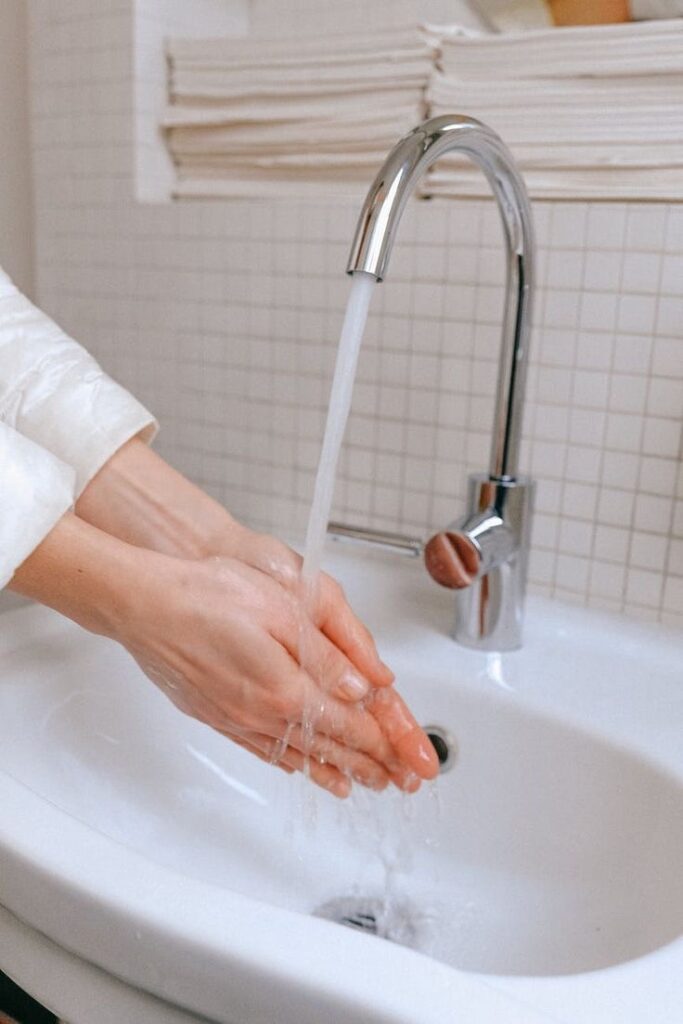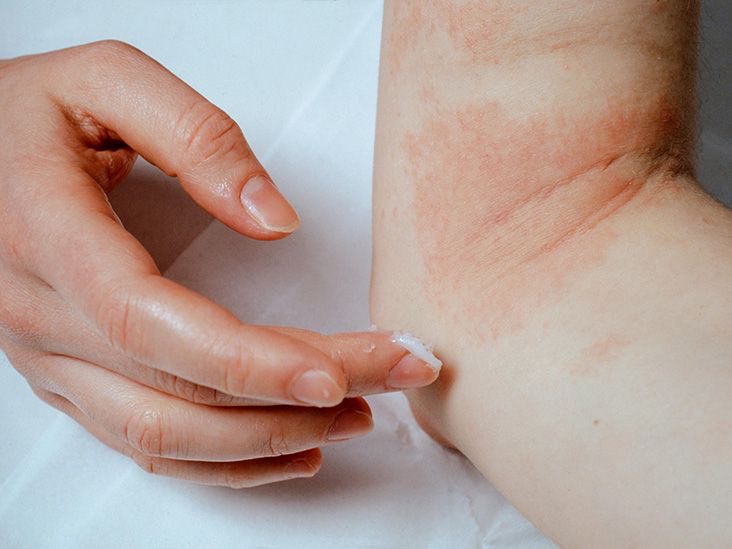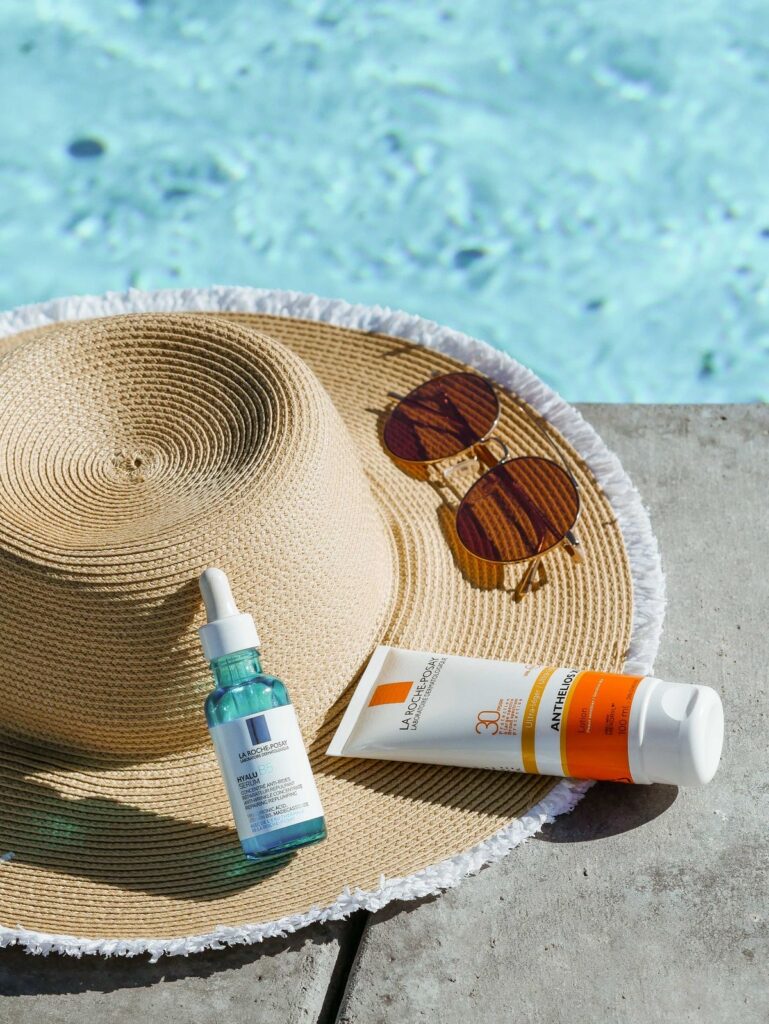Table of Contents

Introduction
Peeling skin can be a bothersome and uncomfortable condition, often associated with sunburn. However, it can also result from various other factors such as immune system disorders, infections, allergies, or skin sensitivity to certain products. In this comprehensive guide, we will delve into the causes of peeling skin, with a focus on sunburn-related peeling, and provide a detailed plan for addressing this issue. From over-the-counter remedies to lifestyle changes and preventive measures, we will explore every facet of peeling skin to help you better understand and manage this common skin concern.
What Causes Peeling Skin?
Peeling skin can manifest for a multitude of reasons beyond sunburn, indicating potential underlying issues. Here, we will discuss the various causes:
- Sunburn: Sunburn is a primary cause of peeling skin, resulting from damage to the epidermis due to excessive sun exposure.
- Immune System Disorders: Certain immune system disorders can trigger skin peeling as a symptom, requiring medical attention.
- Infections: Viral, bacterial, or fungal infections can lead to skin peeling in affected areas.
- Dry Skin: Insufficient moisture in the skin can cause dryness and subsequent peeling.
- Frequent Hand-Washing: Excessive hand-washing can strip the skin of its natural oils, leading to peeling.
- Friction: Skin subjected to constant friction, such as rubbing or chafing, may peel.
- Keratolysis Exfoliativa: This skin condition primarily affects the palms of the hands and soles of the feet, causing peeling.
- Rare Skin Disorders: Conditions like acral peeling skin syndrome and exfoliative dermatitis result in extensive peeling, often requiring hospitalization.
- Allergic Reactions: Allergies to certain substances or medications can trigger peeling as a reaction.
- Skin Sensitivity: Some individuals may experience peeling due to sensitivity to products like retinol or vitamin C.
- Cancer and Cancer Treatment: Certain cancer treatments can lead to skin issues, including peeling.
It’s crucial to consult a healthcare professional when experiencing peeling skin not associated with sun exposure to rule out underlying medical conditions.

How to Stop Peeling After Sunburn
Sunburn-related peeling can be uncomfortable and unsightly. To alleviate these symptoms and promote healing, follow these steps:
- Take an Over-the-Counter (OTC) Pain Reliever: OTC pain relievers like ibuprofen or aspirin can reduce pain, inflammation, and redness associated with peeling skin.
- Apply an Anti-Inflammatory Gel or Cream: Several options can soothe inflammation:
- Aloe Vera: Known for its soothing properties, aloe vera gel or cream can cool the skin, reduce inflammation, and slow peeling.
- Cortisone Cream: Over-the-counter cortisone cream can alleviate irritation, redness, and swelling.
- Aspirin Powder: Mix crushed aspirin tablets with water to create a paste for topical application. Ensure no allergies to aspirin before use.
- Keep Your Skin Moisturized: According to the American Academy of Dermatology Association, frequent application of unscented moisturizer is vital for sunburn relief. Apply immediately after bathing while the skin is still damp to lock in moisture.
- Shower or Bathe in Cool Water: Lukewarm or cool water can provide relief from sunburn and prevent further peeling. Avoid hot showers, scented soaps, and oils, as they can exacerbate irritation. If the skin is blistered, opt for baths to prevent blister popping.
- Don’t Exfoliate: Avoid scrubbing peeling skin, as it can worsen redness. Gently pat the skin dry after a shower and moisturize regularly to let the peeling occur naturally.
- Use a Cool Compress: Applying a cool, wet compress for about 30 minutes can ease irritation. Ensure the ice pack is wrapped in a towel to avoid direct skin contact.
- Stay Hydrated: Dehydration can worsen peeling and dryness. Consume ample water and limit diuretics like caffeine and alcohol.
- Cover Up and Wear SPF: UV exposure can further damage sunburned skin. Wear loose, breathable clothing and a hat to shield your skin. Always apply sunscreen to protect against harmful UV rays.
How Long Does Skin Peeling Last?
The duration of skin peeling following sunburn varies depending on its severity. In mild cases, peeling typically stops within a week as the burn heals. However, severe burns may exhibit additional symptoms, such as blistering, fever, chills, confusion, or dizziness. Burns causing fever or blistering warrant medical attention. If you experience these symptoms, consult a healthcare professional promptly. It’s crucial to be vigilant about your skin’s condition during the healing process and seek medical guidance when needed.

How to Avoid Sunburn and Skin Peeling
Preventing sunburn and subsequent peeling is essential for maintaining healthy skin. Here are proactive steps to follow:
- Wear Sunscreen: Applying sunscreen with adequate sun protection factor (SPF) is paramount. Use sunscreen even on cloudy days, and reapply as needed.
- Limit Sun Exposure: The sun’s intensity peaks between 10 a.m. and 4 p.m. To minimize exposure, seek outdoor activities during early mornings or evenings.
- Cover Up: When the sun is at its strongest, wear protective clothing like sun hats, long sleeves, and lightweight cotton or linen fabrics.
- Apply Aloe: After sun exposure, apply aloe or a moisturizing cream to hydrate your skin and mitigate potential peeling.
- Take a Cool Shower: Cooling your skin with a gentle shower immediately after sun exposure helps dissipate heat and minimize damage.
- Do Patch Tests: Before introducing new skincare products, conduct patch tests to gauge your skin’s reaction. Gradually incorporate new products to prevent irritation.
In summary, sunburn-related peeling is a common issue that can be managed effectively with proper care and prevention. By understanding the causes, implementing soothing remedies, and adopting preventive measures, you can maintain healthy, peeling-free skin.
Conclusion
Peeling skin can be a discomforting experience, but with the right knowledge and actions, you can alleviate its symptoms and prevent future occurrences. Whether your peeling skin is due to sunburn or other factors, taking steps like using over-the-counter remedies, staying hydrated, and protecting your skin from UV rays can make a significant difference. Remember that severe burns or persistent symptoms may require medical attention. By following these guidelines, you can not only address peeling skin but also maintain the health and vitality of your skin in the long run.
Related Content
-

Safar Ul-Muzaffar: 7 Inspiring And Powerful Lessons from the True Stories.
-

A Joyful And Powerful Exploration Into The Five Pillars Of Islam in 5 Min.
-

Air-Drying Hair Products: 7 Must-Have Air-Drying Hair Products for Effortless Beauty and Confidence
Share this content:








